Ways to Keep Your HVAC System Running Smoothly
When the heating or cooling system in your home or business goes out, everyone suffers. The best way to stay comfortable from one season to the next is to have a smooth-running HVAC unit. Here are 4 tips to keep your HVAC in Magnolia, TX, running smoothly in any season.
Change Air Filters
Dirty air filters are one of the most common causes of HVAC system problems. Dirty air filters reduce the airflow through your system, causing it to consume more energy to heat or cool your home or business. According to the U.S. Department of Energy, replacing your air filters regularly can reduce energy consumption by up to 15 percent. Dirty air filters can also lead to poor indoor air quality if dust and dirt from the filters are released through the HVAC system.
Make it a habit to replace your air filters regularly. In general, HVAC air filters should be changed every 2 to 3 months. But in environments with more dust, dirt, or pollen, or if you or anyone in your family has allergies, air filters may need to be changed once a month. Make sure to choose filters that are the correct size and grade for your unit.
Keep Your Vents Clean
Your HVAC system depends on airflow to work properly. Make sure all the air vents in your home are unobstructed to allow for the maximum air circulation. Don’t place furniture or other items over vents and make sure the vents are kept clean of dirt and dust.
Preventative Maintenance
Preventative maintenance is vital for keeping your HVAC system in top shape. In addition to changing your air filter regularly, make sure to clear all debris, such as leaves, twigs, snow, and mud, from around your outside unit. Any bushes should be kept between 18 and 36 inches away from the unit.
A residential HVAC company should perform maintenance on your unit twice a year—in the spring and fall. Catching problems early will save you time, money, and aggravation down the line. An HVAC inspection should consist of:
· Replacing the air filter: The HVAC technician will check your air filter and change it for you, if necessary.
· Calibrating the thermostat: If the thermostat isn't calibrated properly, the cost to cool or heat your home will be higher.
· Inspecting all connections: The technician will tighten any loose connections and lubricate any moving parts.
· Checking the condensate drain and drip pans: A plugged drain can cause damage and affect the humidity in the home.
· Inspecting the outside unit: The technician will check all the components of your outside unit, including the coil, fan motor and blades, belts, and refrigerant.
Call a Professional
Most of the time an HVAC unit will give you warning signs before it goes out. Failing to cool a room adequately, making new or strange noises, or taking longer to cool or heat the rooms in your home may be signs of a problem. Don’t be afraid to call a professional at the first sign of trouble. A technician can often diagnose and fix a problem in its early stages before it develops into a much more costly replacement. Test your heating and cooling systems early—during the cooler weather in the spring and warmer weather in the fall—so you can get any necessary repairs before the high-demand summer and winter seasons.
Call Wright Air Conditioning & Heating Co. at (936) 449-6491 for all your HVAC needs.


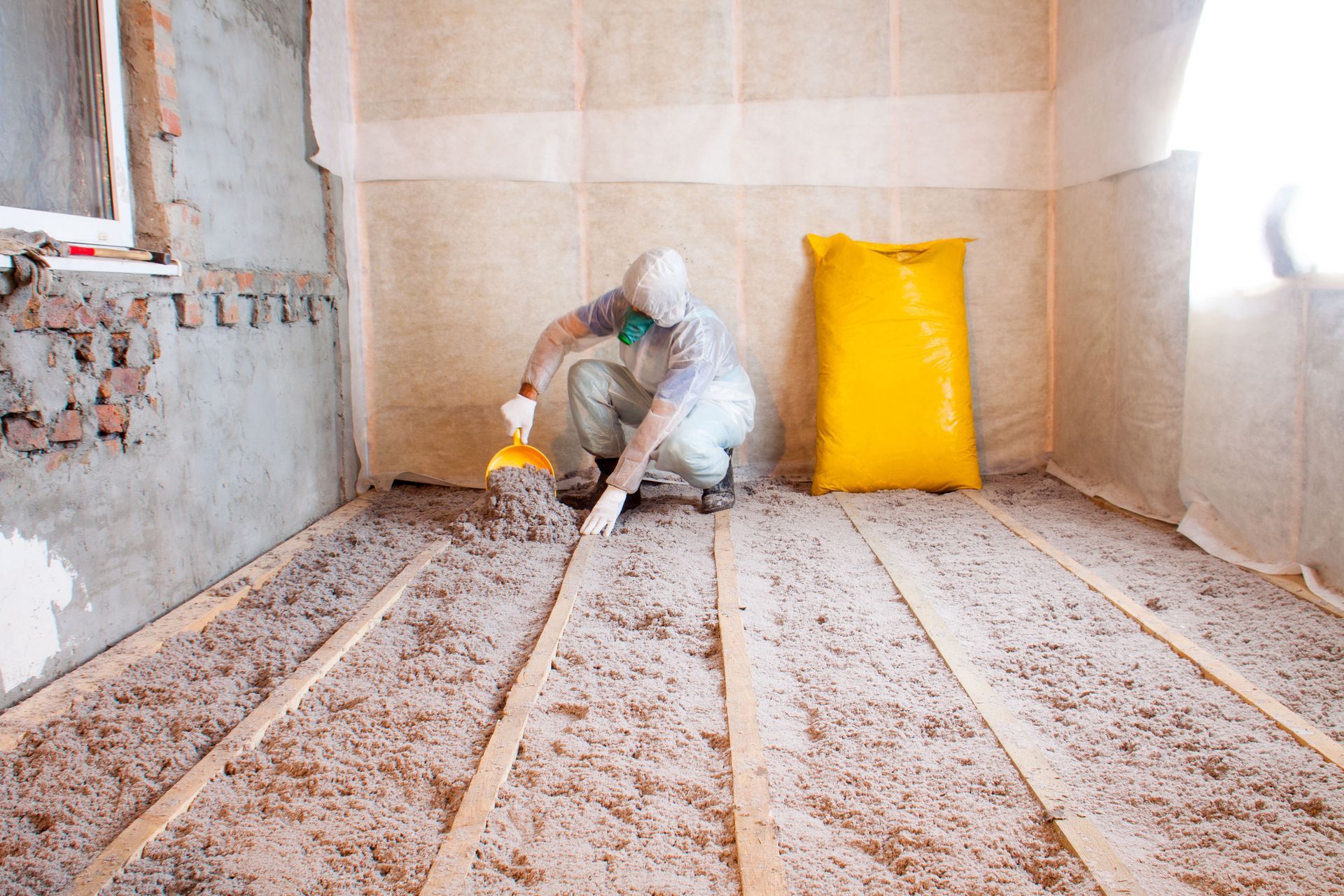

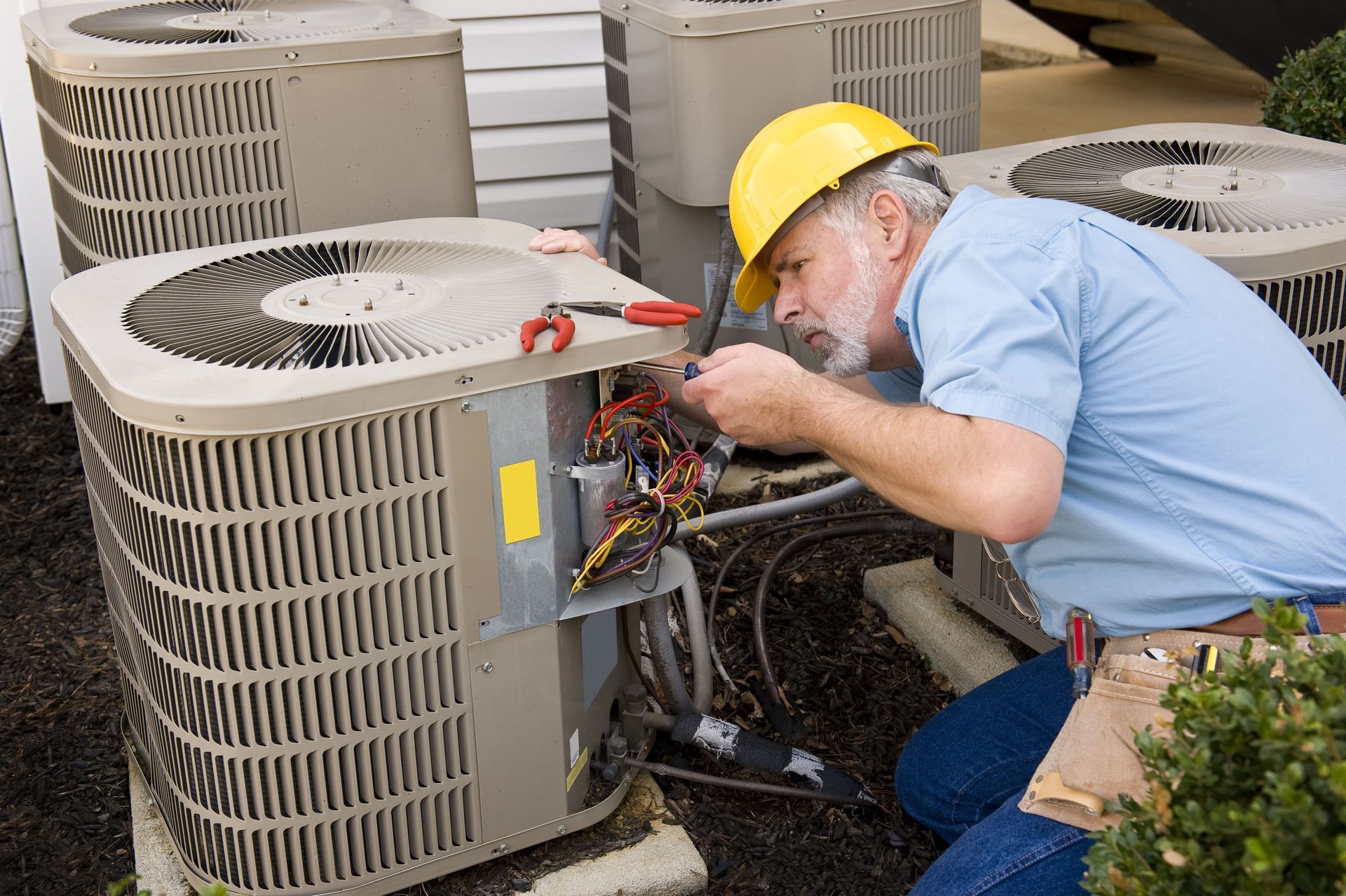
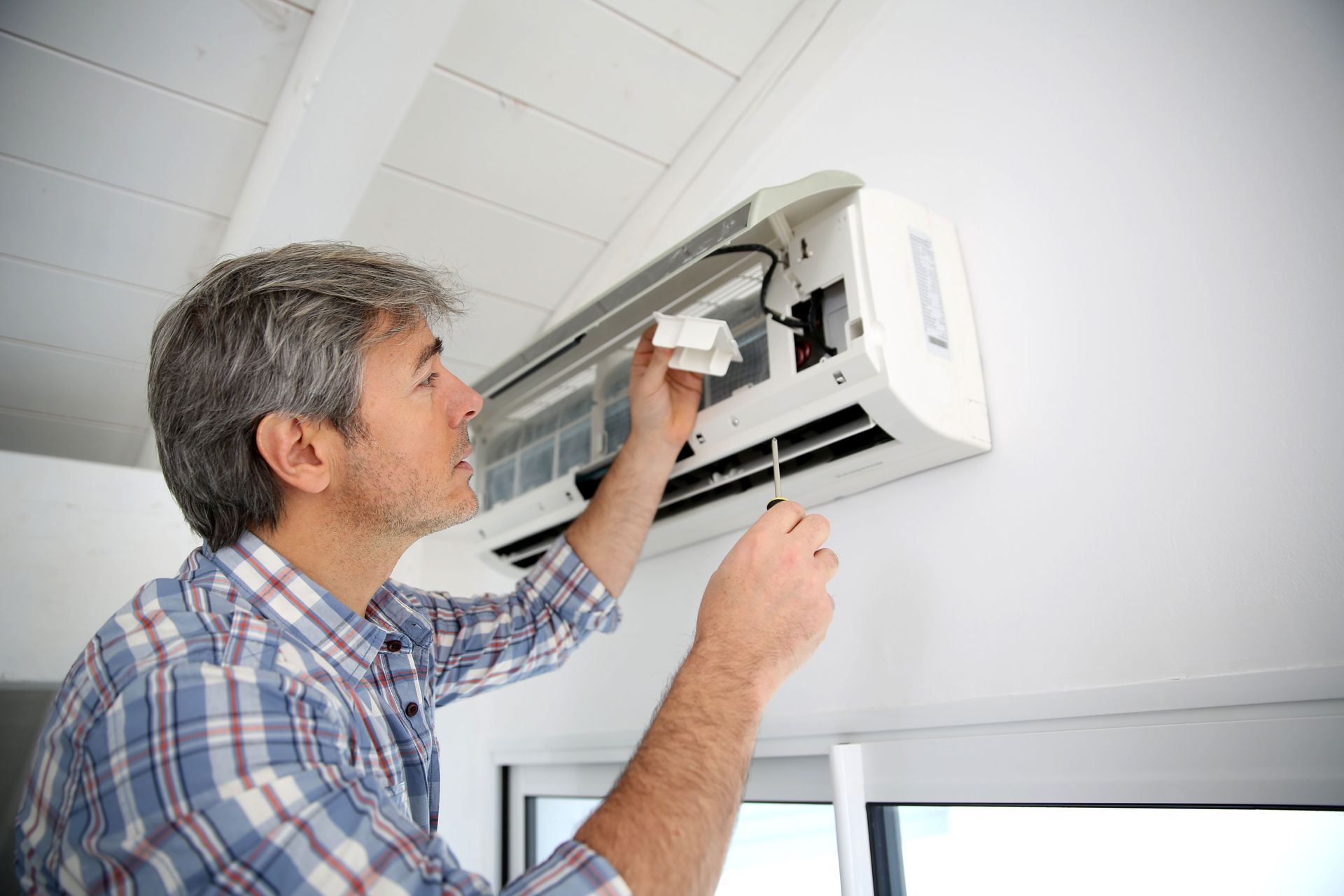
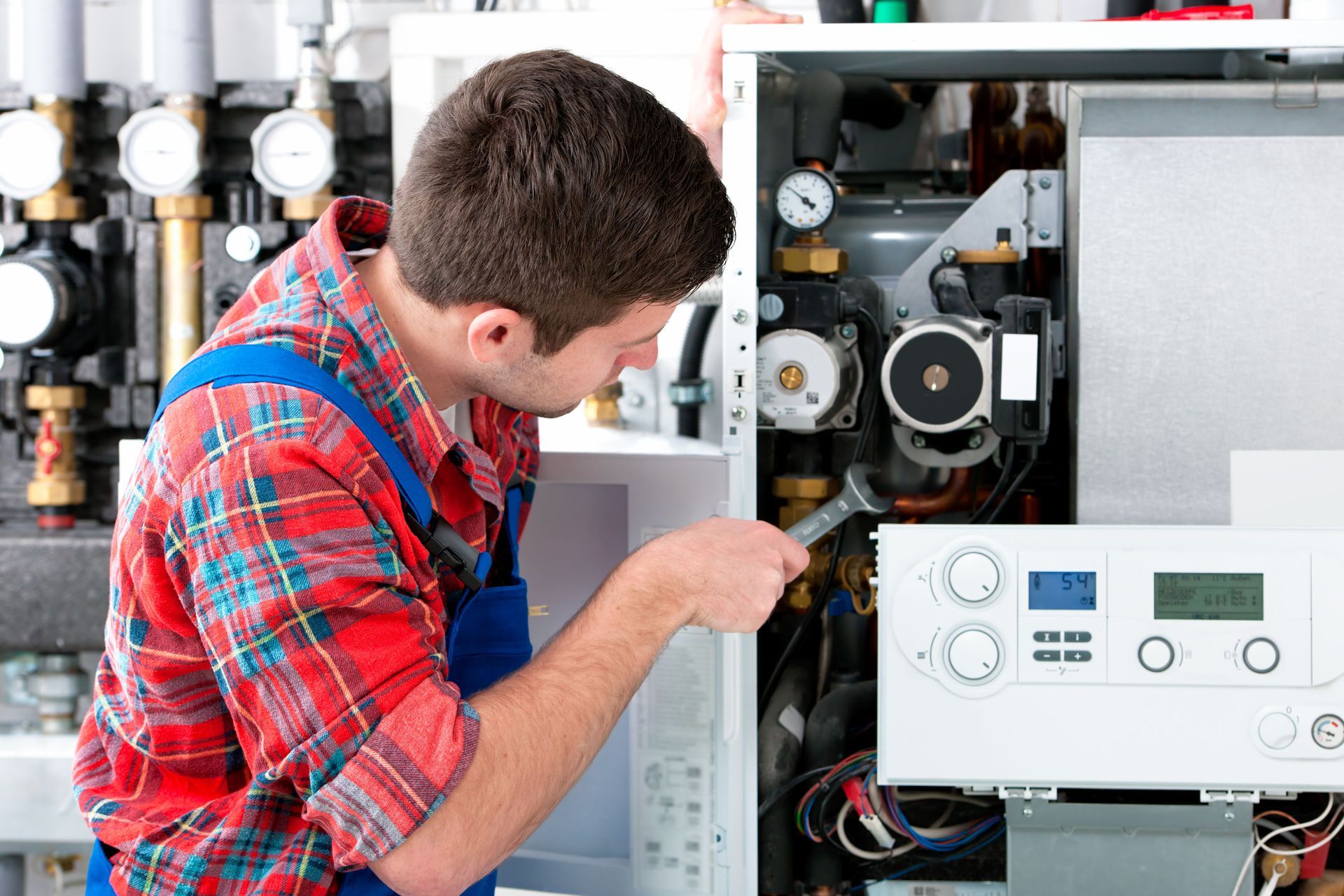
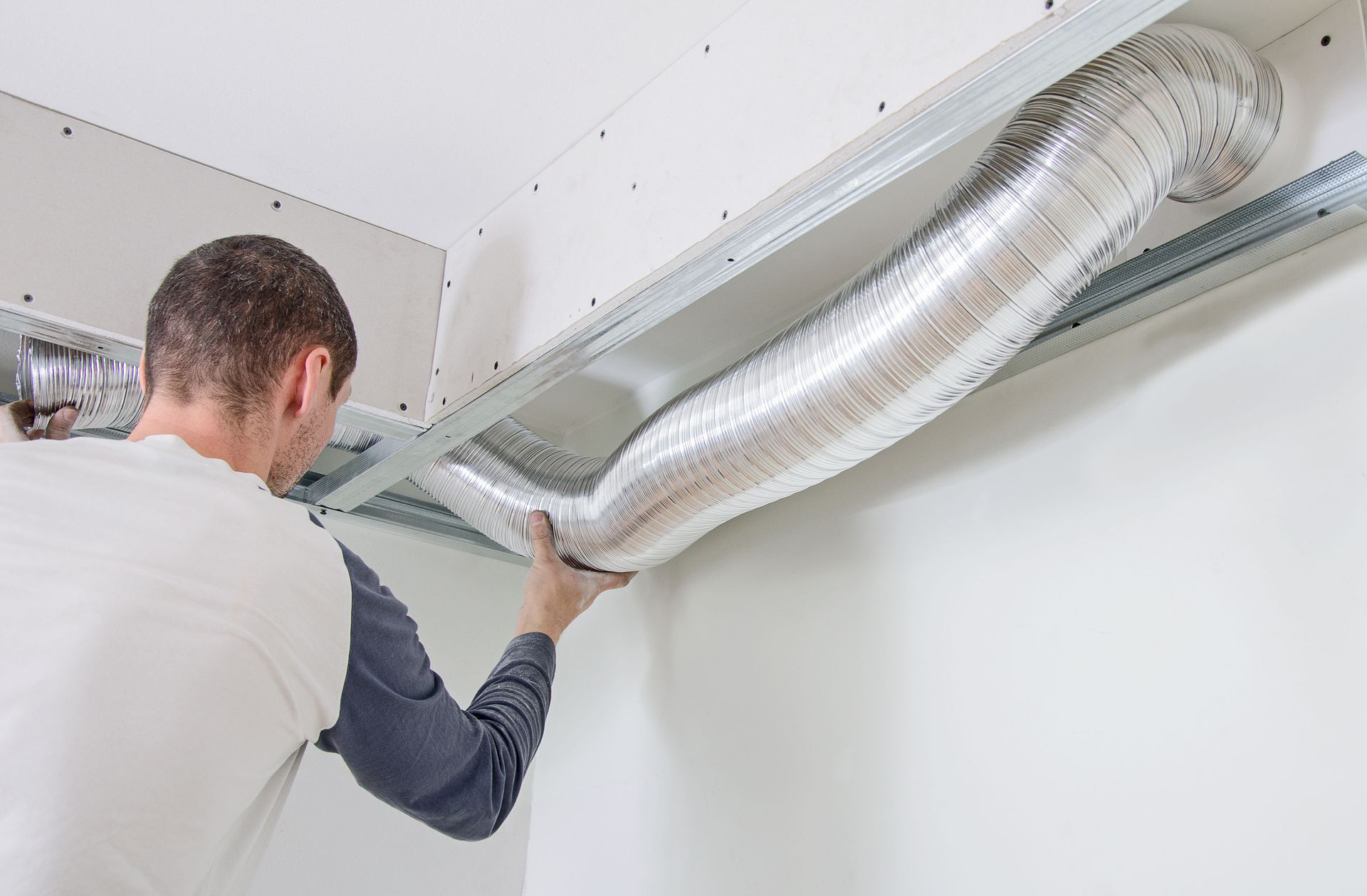
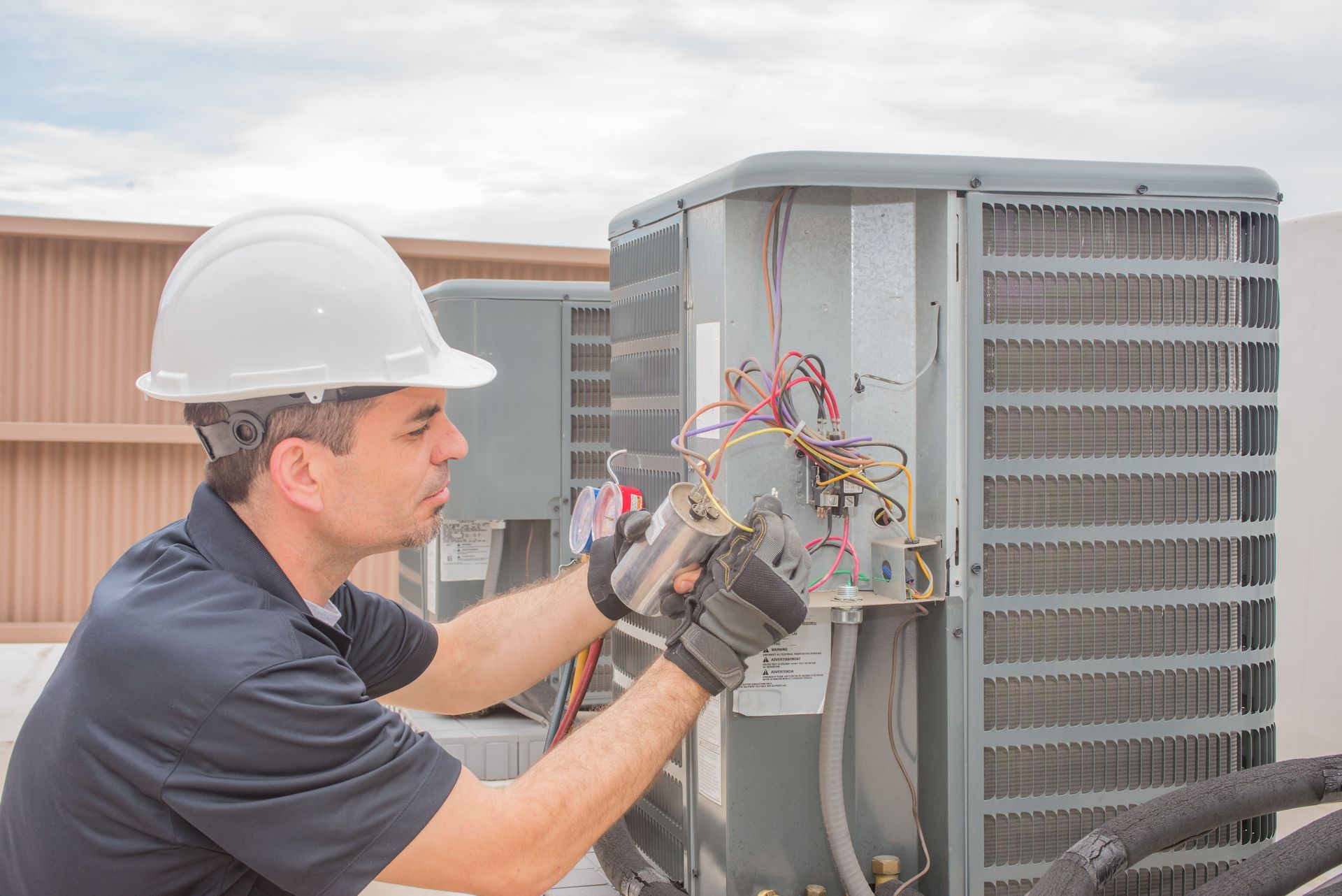









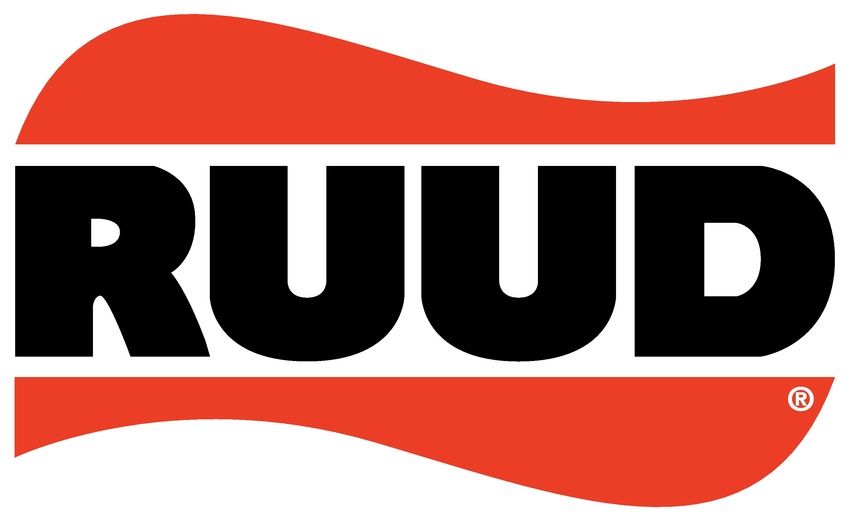




Share On: